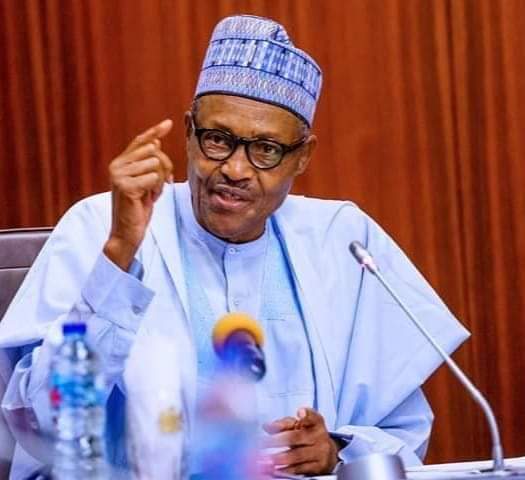
President Muhammadu Buhari has been given a seven-day ultimatum by the Socio-Economic Rights and Accountability Project to provide details of all loans obtained by his government since May 29, 2015, including details and locations of projects, which the loans were spent on.
SERAP said if Buhari failed to comply within seven days, it will take all appropriate legal actions under the Freedom of Information Act to force him to comply.
In a letter to President Buhari, SERAP urged him to set up an independent audit of all loans to resolve any allegations of mismanagement and corruption.
The letter was also sent to the Attorney-General of the Federation and Minister of Justice, Abubakar Malami, Minister of Finance, Budget and National Planning, Zainab Ahmed and Director-General of Debt Management Office, Patience Oniha.
Buhari had last week sought the National Assembly’s approval for a fresh loan of $5.513bn to fund the 2020 budget deficit, critical projects, and support some states.
The letter by SERAP read in part, “While access to loans can provide indispensable resources, the mismanagement and squandering of any such resources would be counter-productive. Nigerians should no longer be made to repay debts incurred in their name but which have not benefited them in any manner, shape or form.
“Any unresolved allegations of mismanagement, bribery and corruption in the use of loans would continue to deprive millions of Nigerians access to basic public goods and services, and would leave your government without the resources to respond to the COVID-19 crisis.
“We would be grateful if the requested information is provided to us within seven days of the receipt and/or publication of this letter. If we have not heard from you by then, the Registered Trustees of SERAP shall take all appropriate legal actions under the Freedom of Information Act to compel you to comply with our request.
“We urge you to ensure that those suspected to be responsible for any mismanagement and corruption are promptly referred to appropriate anti-corruption agencies for further investigation, and where there is relevant admissible evidence, prosecution.”












